Towards patriotism and nationalism – Tribune Online
[ad_1]
The greatest challenge to our nationhood is the lack of any form of bonding between Nigeria and her nationals. There is such implausible disconnect between Nigeria and Nigerians that more often than not the nation and most of her nationals seem to be perpetually headed in different directions, pursuing different interests.
The reason for this aloofness is not a matter of conjectures; most Nigerians feel alienated from their country because they are convinced that, to their country, they are nothing more than mere statistical figures. They believe that their country does not care whether they live or die, eat or starve, ill or healed. Unlike what obtains in other countries whose nationals have a strong sense of belonging, Nigerians have no longing for their country rather, they are imbued with lonesome feelings; destabilised, disoriented and disenchanted like refugees, though resident in their fatherland.
Most Nigerians below the age of 40 are living witnesses to the insensitivity of their country to her people. Many of this category of citizens attended private primary and secondary schools, some of them even attended private tertiary institutions essentially because of the inadequacy of the public education system. Over the years, they saw their parents struggle to provide their own electricity, water, community roads and health services without any input from the state. Some of them saw their parents reduced to beggars after their retirement from the civil service as it took forever for their gratuities to be paid. They also witnessed how, despite being old and feeble, their parents were asked to be brought by the state for the annual pensioners’ identification programme, thus exacerbating their indisposition. Some of them have had to run helter-skelter to help their parents out of serious health challenges as the state has no provision for such. Even as adults, they have also been forced to follow the pathway trodden by their parents, having to fend for themselves and their children without any form of support from the state.
They have also had to support their unemployed siblings since the state is too engrossed with taking care of public office holders to provide any safety net for its citizens.
Many offspring of policemen easily recall that their parents who were injured in the course of official duties became a burden of their kith and kin as the state they were serving abandoned them to their fate after the misfortune. Some of the people whose parents died while trying to maintain the peace daily heap loads of blame on their parents for being gullible enough to die for an uncaring country and subjecting them to hostile economic realities as the state never bothered about their wellbeing. The story is not different for children of sportsmen who still have an axe to grind with the state for dumping their parents during their time of need despite the laurels won for the nation.
The message perceived from the state by the average Nigerian is that the government is never there for the citizens. This explains why there is so much ethnic loyalty to the detriment of nationalism.
Nothing strengthens citizenship and promotes patriotism among nationals of any country more than the knowledge that their country would spare no effort to give them a new lease of life whenever they are down. Military personnel who know that their country would not abandon them in their time of need would do all in their power to protect the territorial integrity of the country. A policeman who is sure that his children would not be turned into ‘pure water’ hawkers in the event of any adversity would work his heart out for his country. A civil servant who knows that his interest is paramount to the state will put the state first and refrain from any conduct that would injure the interest of the state.
Those occupying political positions are quick to quote President John F. Kennedy’s 1961 inaugural address where he made the statement, “Ask not what your country can do for you but what you can do for your country”, but fail to understand what informed the statement.
Americans don’t have to think about what their country can do for them because they know what it will do. They know that as American citizens, education, health services, security and social welfare are a given, not subjected to discussion or negotiation.
What promise does Nigeria hold for her nationals? Is it education, health, employment or security? What is it that binds the nationals to the nation apart from the mere circumstance of birth? What hope does the country give to her citizens? What assurances are there that if Nigerians give their best to their fatherland, their country would do likewise?
Trust is never given; it is always earned. Nigerians would become patriotic when the state cares about their wellbeing.
READ ALSO FROM NIGERIAN TRIBUNE
[ad_2]

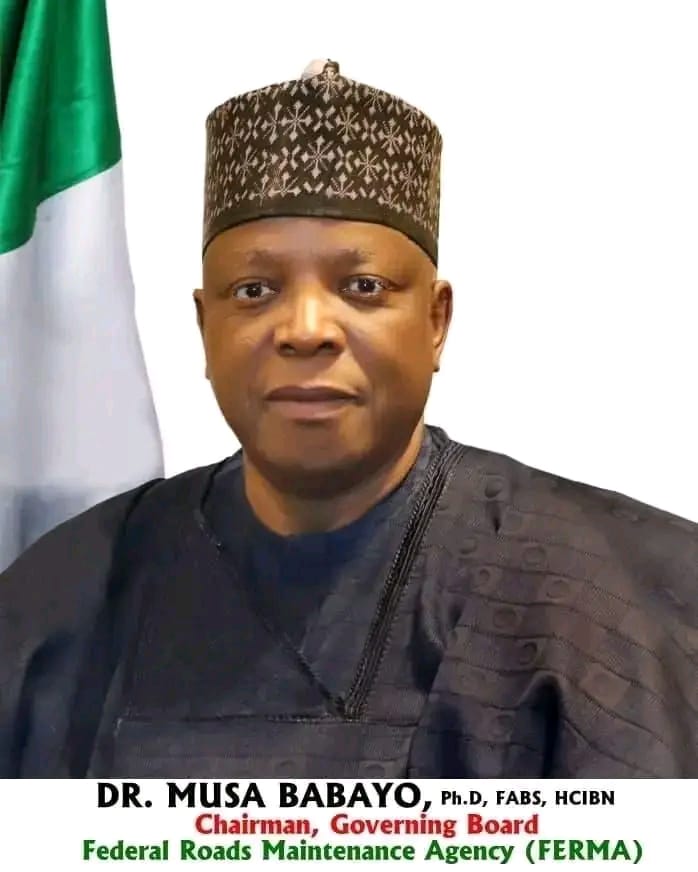
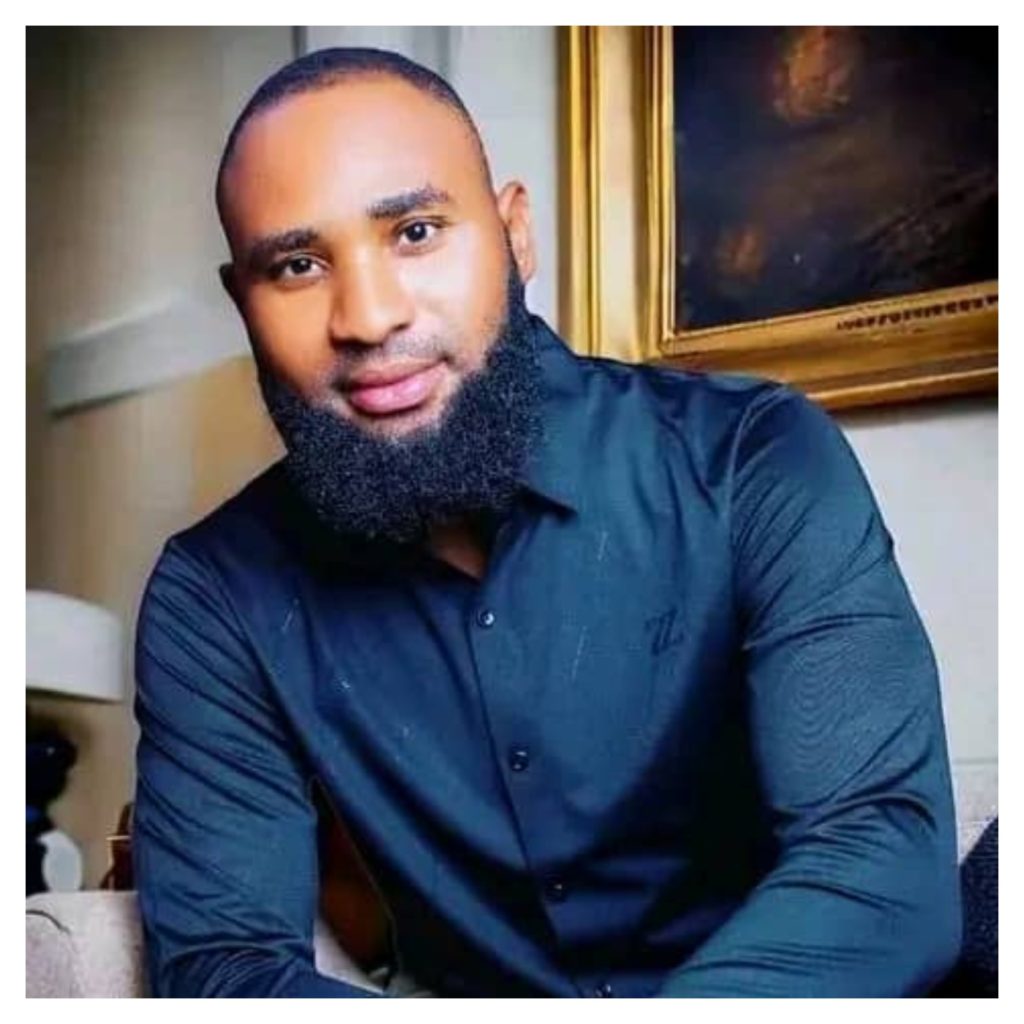
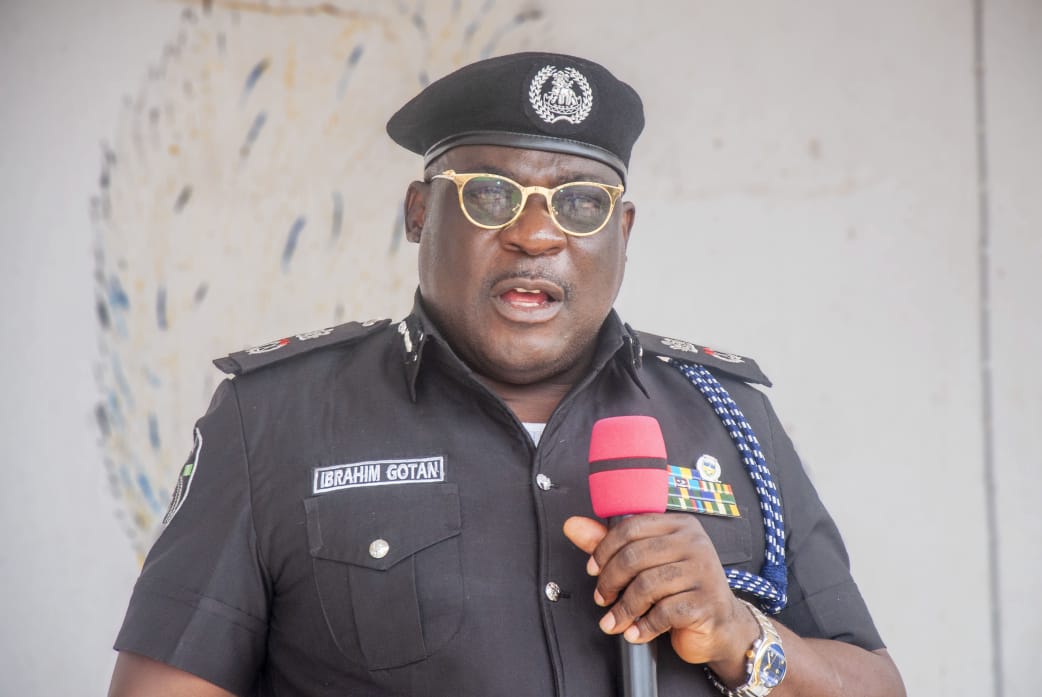


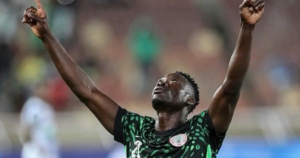





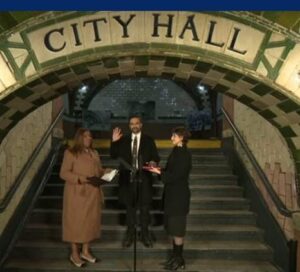

Post Comment